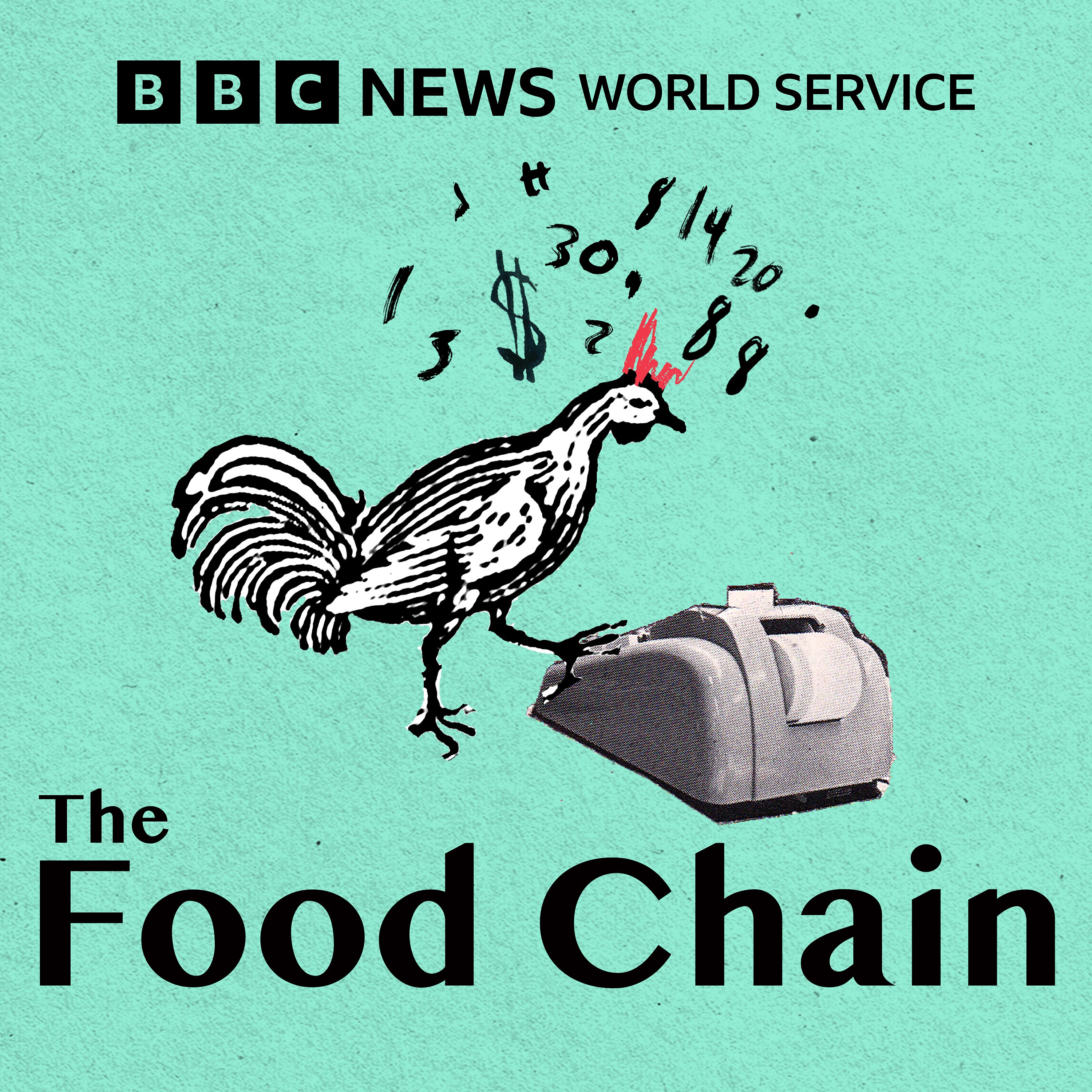
Shownotes Transcript
In its time, the potato has been called the root of filth, misery and obesity - but is it fair to call it the 'food of the poor'?
In the first episode of a two-part series, The Food Chain goes to the very roots of the world's most popular vegetable, digging up some new perspectives on its history.
We visit the British Museum to meet Bill Sillar from the Institute of Archaeology at University College London. He explains how the early Andeans and Inca developed innovative ways to cultivate potatoes, but preferred to celebrate maize instead.
From there we move to the kitchens at Henry VIII’s Hampton Court Palace, and find out how the spud was met with scepticism in Europe when it first arrived. Food historian Marc Meltonville tells the BBC's Emily Thomas how the humble spud was made into pasties and pies.
By the 19th century, the potato had firmly taken root in the west, but it was still subject to widespread disdain. The journalist and farmer, William Cobbett said potatoes should be fed to pigs, not people, and that they were the cause of "slovenliness, filth, misery and slavery". We speak to food historian Rebecca Earle at the University of Warwick, who explains how despite its reputation, the potato has played an important role in agricultural and economic development. The tuber was perhaps one of the very first products of globalization, and we hear how it became equated with a robust and hardy workforce, and associated with capitalism.
Finally, we ask what the future holds for the potato. Will it ever be able to shake off its unsavoury reputation?
(Image: A variety of raw potatoes. Credit: Ernesto Benavides/ AFP/ Getty Images)